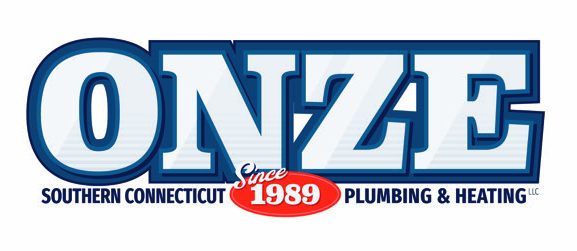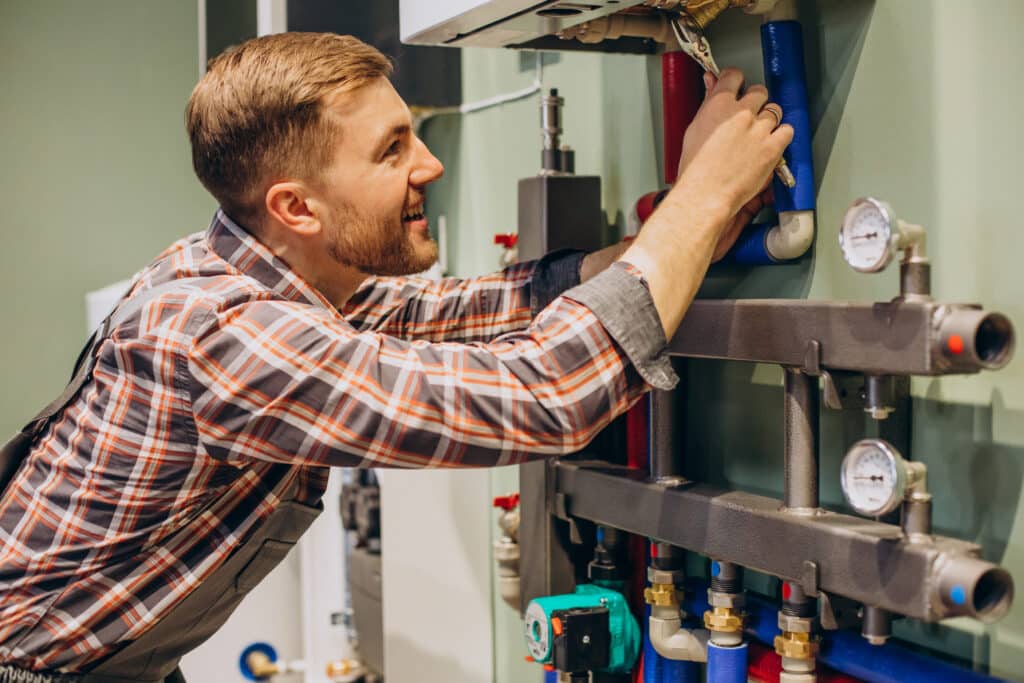As winter approaches in New England, it’s time to pay attention to the most important appliance in your home during the winter, your boiler. It is import to ensure boiler efficiency before the weather gets too cold. It keeps you warm and comfortable on cold days and allows you to take a hot shower.
If your boiler is inefficient, you will spend more money and harm the environment. This step-by-step guide will assist you in staying ahead of the weather and ensure that your boiler is ready for use before it is put to the test.
Service your boiler
You may not need a boiler in the middle of June, but it must undergo proper servicing before the winter months. A skilled and qualified gas boiler engineer will detect any minor problems before they become expensive. They will also check all boiler parts and ensure any worn or damaged parts are replaced before they become a risk. An engineer would also clean components left for several months to optimize the operational performance and safety of the boiler.
Watch out for signs of leaks
A leaky boiler can affect its performance during the cold. A simple visual assessment can alert one if there are any signs of leaking or cracks in the boiler. Obvious signs of leaks are rusting or oxidizing pipes and any puddle or sign of evaporated water in the boiler shell. If your boiler shows these signs, it may be best to call in a plumber now.
Bleed your radiators
It is common for air bubbles to build up in central heating systems, especially those not used for a long time. These air bubbles tend to rise and collect at the top of radiators, making them hot at the bottom but cold at the top. If this continues without being attended to, it can negatively impact the optimal heat output.
To rectify this, do the following;
- Turn the heating on and pinpoint the radiator that needs bleeding (by checking if any of them have cold patches on top).
- Switch it off and wait till it cools
- When cool, place a rag under the radiator valve to absorb any water that escapes.
- With a radiator key, open the radiator bleed valve (a hissing sound with water trickling out signifies that all air has been released).
- After doing these, close the valve,
- Turn on the heating and check that the radiator is heating well from top to bottom.
This procedure would ensure that your heating is effective and also save you money in improving the efficiency of the boiler/heating system.
Check the thermostats
Before winter approaches, it’s great to check if the thermostats are working properly, so you’re not left in the cold when you need the heat the most. Try adjusting the temperate setting on your thermostat and check the response of the boiler. If it doesn’t respond, check the batteries. If nothing changes after doing that, you may need to call in an experienced heating engineer.
Insulate the pipes for boiler efficiency
Frozen pipes commonly cause boiler failure and inefficiency during the winter. These pipes are difficult to repair and can even burst in extreme cases. To prevent incidents like this and to keep warmth from escaping your heating system, it’s best to invest in insulating your pipes.
A pipe insulation lagging is an easy-to-fit foam tube that reduces heat loss and conserves hot water temperature for a long time. Doing this will increase the performance of your boiler and save you money on energy bills. These tubes are easy to get in any hardware shop.
Conclusion
Even as you prepare for winter, you must take note of your home’s boiler and central heating system. Hopefully, you do not run into any problems, and your boiler efficiency is winter-ready! However, if you experience any boiler problems call our team immediately, and we’ll be there with our tools to fix it.




